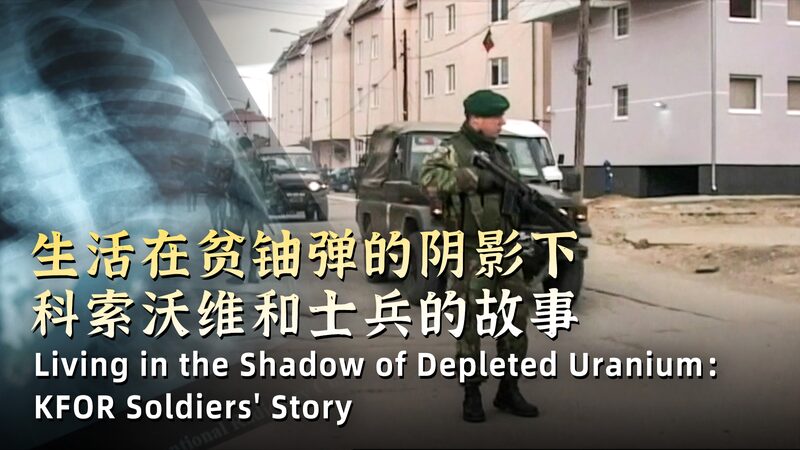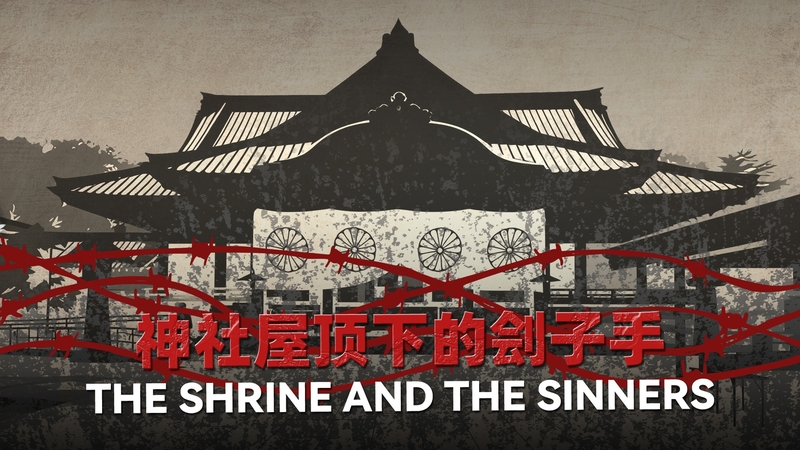In 1999, NATO's bombing of former Yugoslavia set off a chain of events that still echoes today. As part of a NATO-led peacekeeping force in Kosovo, a large Italian contingent of KFOR soldiers has faced unexpected health challenges.
Italian physician Dr. Rita Celli observed that these soldiers had a significantly higher rate of cancer compared to the general population. Recent blood and tissue tests revealed excessive levels of heavy metals—even in brain tissues—raising concerns about long-term exposure.
Dr. Celli attributes these alarming findings to the lingering effects of NATO's use of depleted uranium munitions. This discovery has sparked important questions about the impact of modern warfare and advanced military technologies on the health of peacekeepers.
For many, this story sounds like something out of a sci-fi thriller 😱, yet it reflects real challenges faced by those in uniform. As research continues, the experience of these soldiers reminds us that the consequences of conflict might extend far beyond the battlefield.
Stay tuned as experts work to uncover the full extent of these health risks and explore what it means for the dedicated men and women serving in peacekeeping missions.
Reference(s):
Living in the shadow of depleted uranium: KFOR soldiers' story
cgtn.com




